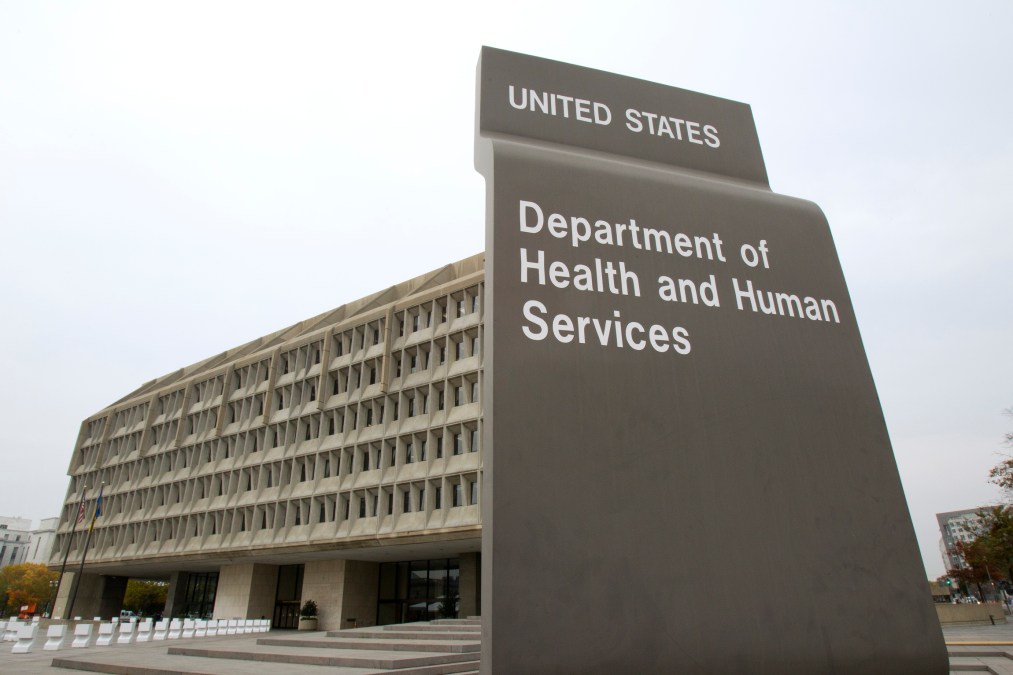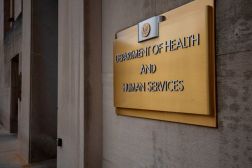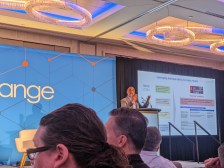HHS is investing in growing its in-house data science talent

Data, which holds the promise of increased efficiency and better mission outcomes for federal agencies, can’t deliver much without the help of capable data science practitioners. So the Department of Health and Human Services is looking to build out its own data science talent.
This month the agency is launching the pilot edition of CoLab, an eight-week-long data science training program supported by the Biomedical Advanced Research and Development Authority, the Office of Business Management and Transformation, the Office of the CTO and the IDEA Lab.
CoLab is a kind of spin-off of HHS Ignite, an accelerator-like IDEA Lab program that allows teams of HHS employees to explore innovative startup ideas. It’s being run in partnership with the D.C.-based data science education startup Data Society.
The inspiration, Director Will Yang told FedScoop, came from the realization that the agency has more data available than it does employees with the ability to use that data.
“We find that although we put a lot of effort in opening and making a plethora of HHS data sets usable, that we still generally lack enough capacity within the halls of HHS for folks to practically appreciate or address the many opportunities at hand,” Yang told FedScoop in an email.
“We have plenty of people who are subject-matter experts and eminent in their fields of study, but it is not sustainable for us to rely on outsourced data science knowledge and skillsets,” Yang continued. “More importantly, it is hard for us to see the concrete opportunities (and the realities of addressing them) if we do not have a basic handle on data science, data architecture, and the state of the art.”
Enter CoLab, the first edition of which will take 25 HHS employees from areas of the agency as diverse as the National Institutes of Health and its Office of the Secretary (plus a bunch in-between) and get them thinking about data. Yang said the inaugural 25 have a variety of existing skill sets — some are experienced coders while others’ data science experience began and ended sometime in college.
All 25, however, see the value in better utilizing existing data, and each applicant has a concept for a project they will work on during the program. “We want the experience to be practical and benefit their own work,” Yang said.
For Yang, the short term success of the project will be the web apps, models and dashboards that participants’ build “that will enable better decision-making, insights, and automation.” Some of these tools will be for internal use, he imagines, while others might be more public-facing. Going forward, though, success means creating a culture and community surrounding data science at HHS.
“There are plenty of people who can talk at a high level about the importance of data,” Yang said. “We’d like to help people get closer to the nitty gritty and learn while solving their own, important challenges.”






